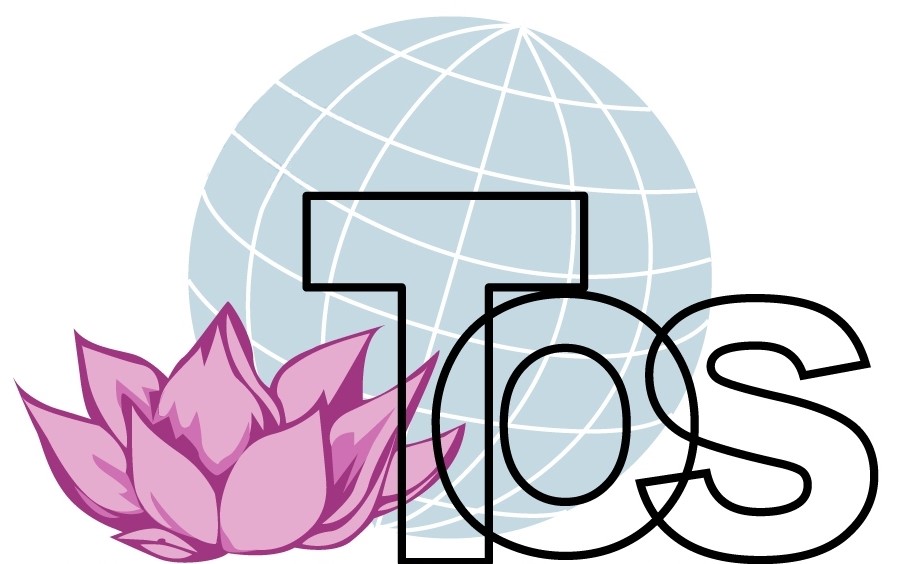Love at Its Finest
Do not blame Love for the agony it brings;
Love is the King of all paths,
And the heart not wild with longing
Is already dead, already a burial ground.
One evening in September, author Andrew Harvey came to speak at the TS headquarters about the poetry of Kabir. I had never heard him speak before. I remember reading some of his work years ago and not feeling drawn to it. At the time my (exhausted) mind was occupied with raising children and all that comes with it. From the moment a child is born, one’s life is handed over to them. It is the way it is and the way it needs to be. Children are, for a good portion of their life, defenseless creatures who need hands on help, encouragement, and immense nurturing. This is why it is the hardest job ever given to anyone. Even when you feel you have nothing left within you, your heart warms at their cry despite the frustration that all you want is to close your eyes and sleep. Many people who don’t have children can recognize this experience—all too brief from where I am now—if they have ever had a puppy. It is this constant dance between exhaustion and invigorating love that revives you to keep on going and giving.
Lately, I have been pondering this majestic, sometimes mechanical, rejuvenating, excruciating process called Life. In a blink of an eye, life can go from being so heartwarming and playful to brutal and conflicting and then back to heartwarming again. The whisper that “this is Love at its finest” often catches me off guard. It comes from a realm of things I know, but don’t want to say. However, listening to Andrew’s passion for Kabir and Kabir’s words itself validated that whisper. It also validated something I have thought about in the work we do as spiritual warriors. Working to help humanity is not easy. To be a Theosophist we must live Theosophically. We must put Theosophy into practice every minute of every day. A painful, but true message.
One gift I feel helps tremendously is living from a Theosophical worldview. In the Secret Doctrine, HPB states that there is a fundamental unity of all existence. Everything heartwarming, brutal, compassionate, and conflicting comes from the Absolute, the One Being, or as Andrew and Kabir say, the Beloved. It is all part and parcel of the Everything. No different from us, who at times are compassionate and loving, but can also be petty and foolish. All of it resides within us. We are just a microcosm of something happening on a grander scale and at a much deeper level. (The difference is intent.) The dance that takes place before us, and within us, is the cosmic dance that has been going on for infinity and will continue to do so even after we step off the stage.
Despite the longevity of this, we are not released from the responsibility of our actions, thoughts, or deeds. If anything, we should feel a greater sense of duty toward everything we come into contact with. As everything is part of the Beloved, including ourselves, our thoughts, words, and actions are amazing powerful tools for the benefit (as well as the disadvantage) of all. The suffering we see around us is the working out of evolution. It is karma, dharma, and reincarnation all working together, allowing us to play a major part of this evolution. From a wider lens, for the Absolute, there is no emotion in any of this. Nothing is judged, there is no good or bad or right or wrong. There is attraction, repulsion, vibration, and other forces at work. But for us as individuals, there is more at stake. We are incarnated souls working to discover the richness of where we truly came from. The only way to do that is by following the teachings the Beloved lays forth and to imbibe those qualities of divinity often found in the great teachers who have walked before us. This is why the Theosophical teachings are so important. When studied regularly and lived fully, we are given a framework to work and live from. We realize that all we experience, joyful or painful, is the Absolute coming into touch with the Absolute within us.
Granted, these are difficult concepts to explain to anyone in the midst of a crisis. Taking a cue from nature, we can learn that there is a time for everything. However, for those who use Theosophy as a guidebook, it may help us in our service work to keep in mind that we are not just making a difference to those whom we help, but to their families, their neighborhood, their community, their city and so on. Every difficulty we face in our work to help others is our chance to come into touch with the Absolute within and to work in harmony with the greatest harmony of all. The more we practice this, the more we move from the material to the immaterial and from the immaterial back again, creating not just an impact of ourselves but everything we come into contact with. “As above, so below, As within, as without.”


